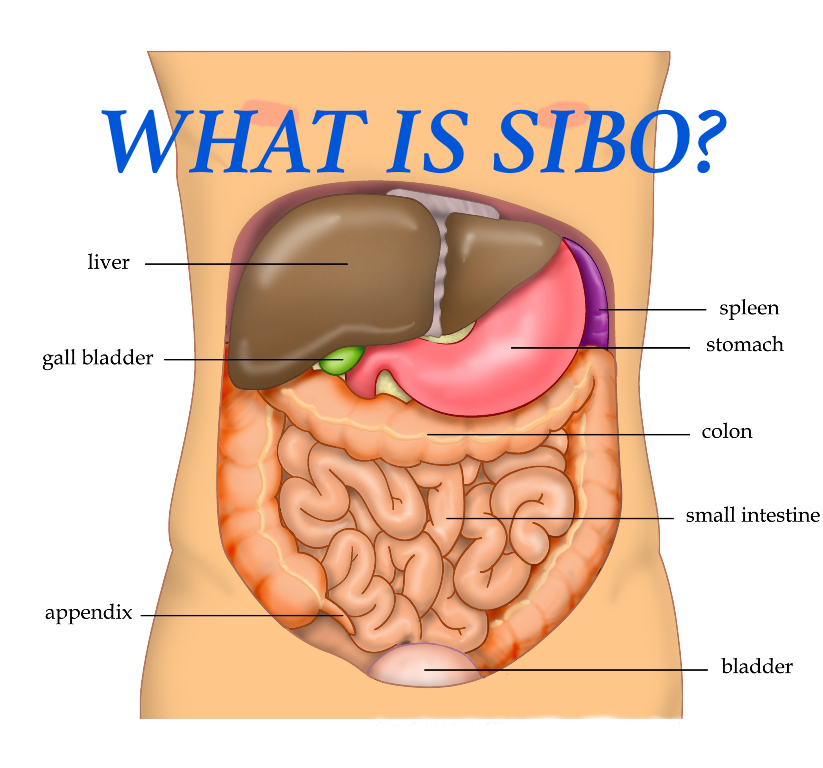|
Small intestine bacterial overgrowth, also known as SIBO (see-bo), may be one of the most common causes of irritable bowel syndrome (IBS). SIBO results when there is an overgrowth of bacteria in the small intestine, where there normally should not be much bacteria present. The bacteria can then 'feed' on the foods you eat, mainly carbohydrates, and produce gases as a by-product. These gases cause many of the symptoms common in IBS, including:
What Causes SIBO?There are a number of things the can lead to the development of SIBO. The most common include previous food poisoning (gastroenteritis), medications (proton pump inhibitors, opiates, antibiotics), abdominal surgery, and certain medical conditions (hypothyroidism, celiac disease). The following are clues that may indicate that you have SIBO:
How Do You Test For SIBO?There are a few different tests for SIBO, but the most common is the lactulose hydrogen breath test. This test measures the production of hydrogen and methane gases after consuming a lactulose (not lactose) solution that your body can not absorb For more information on the SIBO breath test, click HERE. How Is SIBO Treated?After SIBO has been detected based on symptoms and breath testing, typically the first stage of treatment consists of eradicating the bacterial overgrowth. This can be done using specific antibiotics, or herbal antimicrobials.
Following this, a diet is used to starve the bacteria and prevent overgrowth. Additional treatments may include a prokinetic agent to prevent SIBO recurrence. Each treatment is specifically tailored to the individual, so it is important to work with an experience health care practitioner.
0 Comments
|
AuthorDr. Tomah Phillips, ND Archives
April 2020
Categories
All
|


 RSS Feed
RSS Feed